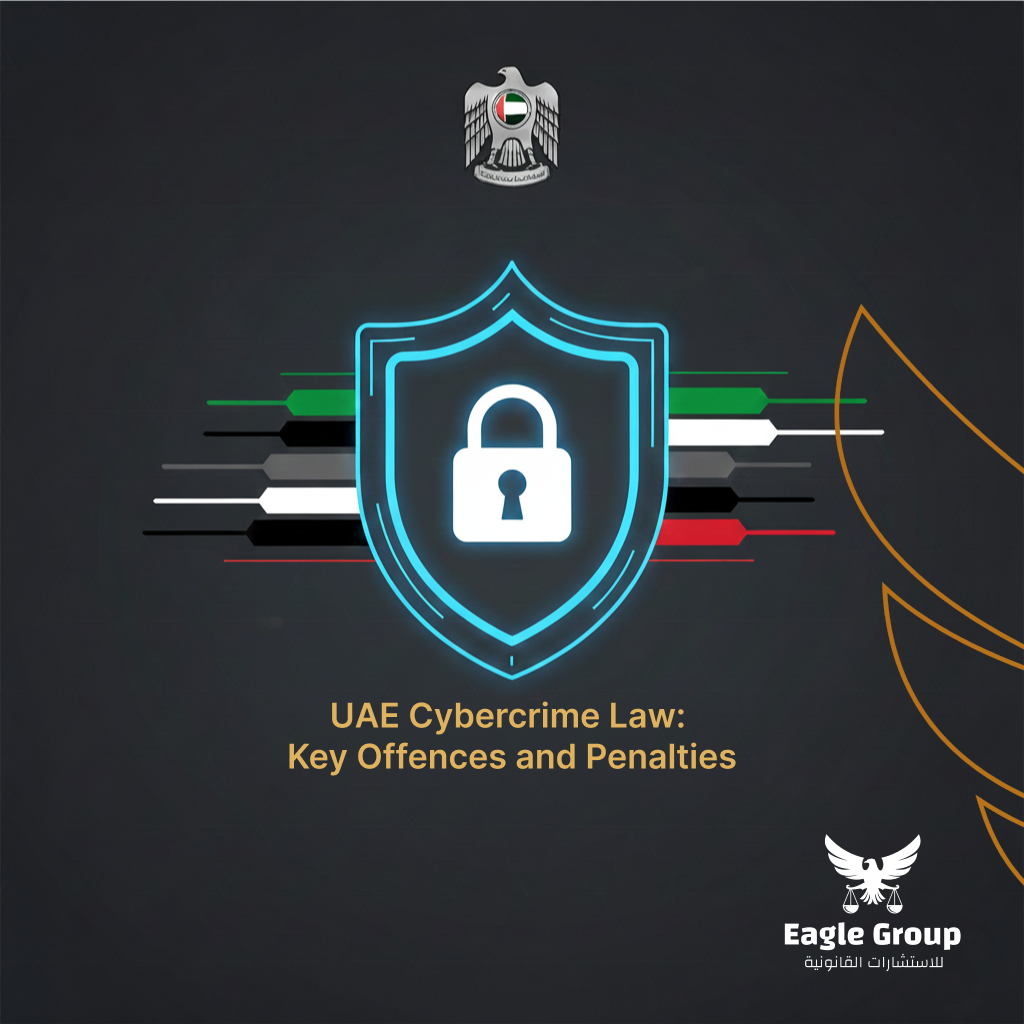Overtime hours in the UAE are an important topic for many employees across both the public and private sectors. With the increasing demands of work, many employers ask their staff to work beyond regular hours. This raises a crucial question: Are employees entitled to financial compensation or rest days in return? And what does the UAE labor law say about this?
In this article, we will explore everything you need to know about overtime hours in the UAE, including employees’ rights and the legal conditions for compensation, according to Federal Decree-Law No. 33 of 2021 on the Regulation of Labor Relations.
What Are the Official Working Hours in the UAE?
According to UAE labor law, the maximum regular working hours are 8 hours per day or 48 hours per week. The Cabinet may issue resolutions to reduce working hours for certain industries or jobs with special conditions.
The law also states that employees are entitled to at least one hour of rest if they work more than five consecutive hours, and this break is not counted as part of the official working hours.
When Are Working Hours Considered “Overtime”?
Any hours worked beyond the official working hours are considered overtime, provided that they are performed at the request of the employer or with their explicit approval.
Overtime may also apply if an employee works on official rest days or public holidays, such as Fridays or Eid holidays.
Employee Rights for Overtime Hours in the UAE
Under the UAE labor law, an employee has the right to one of two forms of compensation for overtime:
1. Financial Compensation
If the employee works overtime, they are entitled to:
- A wage equal to their regular hourly wage + at least 25% extra.
- If overtime is performed between 10 PM and 4 AM, the employee receives their hourly wage + at least 50% extra.
Example: If an employee earns AED 20 per hour, then night overtime should be compensated at AED 30 per hour.
2. Rest Days in Lieu
Alternatively, the employer and employee can agree to grant paid rest days in exchange for overtime hours, provided that the rest is proportionate to the time and effort spent.
Working on Official Rest Days
If an employee works on their weekly rest day (e.g., Friday), the employer must:
- Grant them a substitute day off,
- OR pay their full-day wage plus 50% extra.
In case of work during public holidays, the employee is entitled to double the daily wage or a compensatory day off, based on mutual agreement.
Can Employers Force Overtime Without Consent?
As a rule, employers cannot force employees to work overtime without their consent, unless there are emergency situations that involve potential risk to lives, property, or operations.
Moreover, daily overtime must not exceed two hours unless absolutely necessary, and proper documentation is required to justify the need.
Categories Exempted from Overtime Compensation
Certain job categories are exempt from overtime pay under the law, such as:
- Executive and senior management roles with administrative authority.
- Jobs classified as “special nature” by the Ministry of Human Resources.
Nevertheless, fair compensation terms can be included in employment contracts for such positions by mutual agreement.
How Is Overtime Pay Calculated?
To calculate overtime pay, use the following formula:
Overtime Pay = Basic Salary ÷ Working Hours × Overtime Hours × 1.25 (or 1.5 for night overtime)
Example:
- Monthly salary: AED 6,000
- Weekly working hours: 48
- Hourly wage: 6,000 ÷ (4 × 48) = AED 31.25
- If the employee works 3 night overtime hours:
Pay = 31.25 × 3 × 1.5 = AED 140.6
Why Documenting Overtime Is Important
Legal experts recommend employees in the UAE to:
- Document all overtime hours via email or official systems.
- Obtain clear approval from a supervisor or HR.
- Keep records or screenshots of clock-in and clock-out times.
This documentation is essential if disputes arise or if legal claims need to be submitted.
How Eagle Legal Consultancy Supports Employee Rights
At Eagle Legal Consultancy, we help both employees and employers understand their rights and obligations under UAE labor law. Whether you’re an employee who has not received your rightful compensation for overtime, or an employer looking to implement lawful working systems, our legal team is ready to support you.




